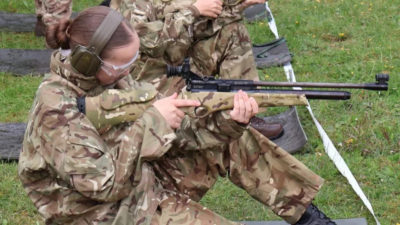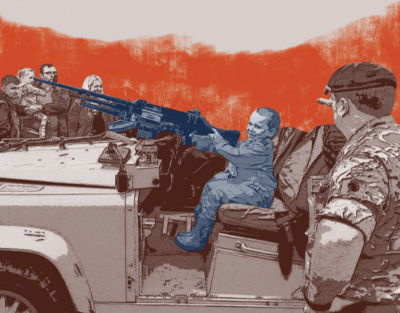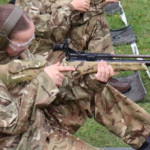From the classroom to the frontline – schools must be careful what they teach kids about the army
The Conversation
This article by. Lecturer in Global Ethics at the University of Birmingham, explores the dangers involved in miltary activity in schools and for the youngest recruits. It emphasises the moral risks and the ‘moral exploitation’ involved.
From the article:
Kill or be killed
But as well as the risk of death and injury, I think we should pay attention to a less obvious risk that is impose on these soldiers – and that is the moral risk of engaging in serious wrongdoing. As General Sir Michael Rose puts it:
No other group in society is required either to kill other human beings, or expressly sacrifice themselves for the nation.
Since committing unjustified homicide is a terrible stain on a person’s life – as well as a cause of psychological harm – we should worry about the risks of young people becoming killers. And not just the risk of being killed.
Philosophers have become increasingly interested in military ethics over the last two decades – with many arguing that killing in war should be subject to the same ethical standards as killing in other areas of life. An important implication of this view is that there is nothing morally special about war, and that fighting in unjustified wars typically involves grave moral wrongdoing.
If these philosophers are right, we should be especially concerned about the moral risks of military service, and the question of who in society should bear those risks.
The government report is correct that much more effort should be put into educating children about military service. But by doing so simply as part of a recruitment drive, we would be engaging in what my colleagues at The Oxford Institute for Ethics, Law and Armed Conflict Michael Robillard and Bradley J. Strawser (themselves veterans) call “moral exploitation”. This involves “unfairly offloading or outsourcing moral burdens onto those who are vulnerable”.
Instead, if we really are to prepare children for the risks of service they need proper ethical education, not just sanitised promotional materials that focus on “big guns” and “awesome armour”.
See more: military in schools/colleges, recruitment, recruitment age, risks, ethics










